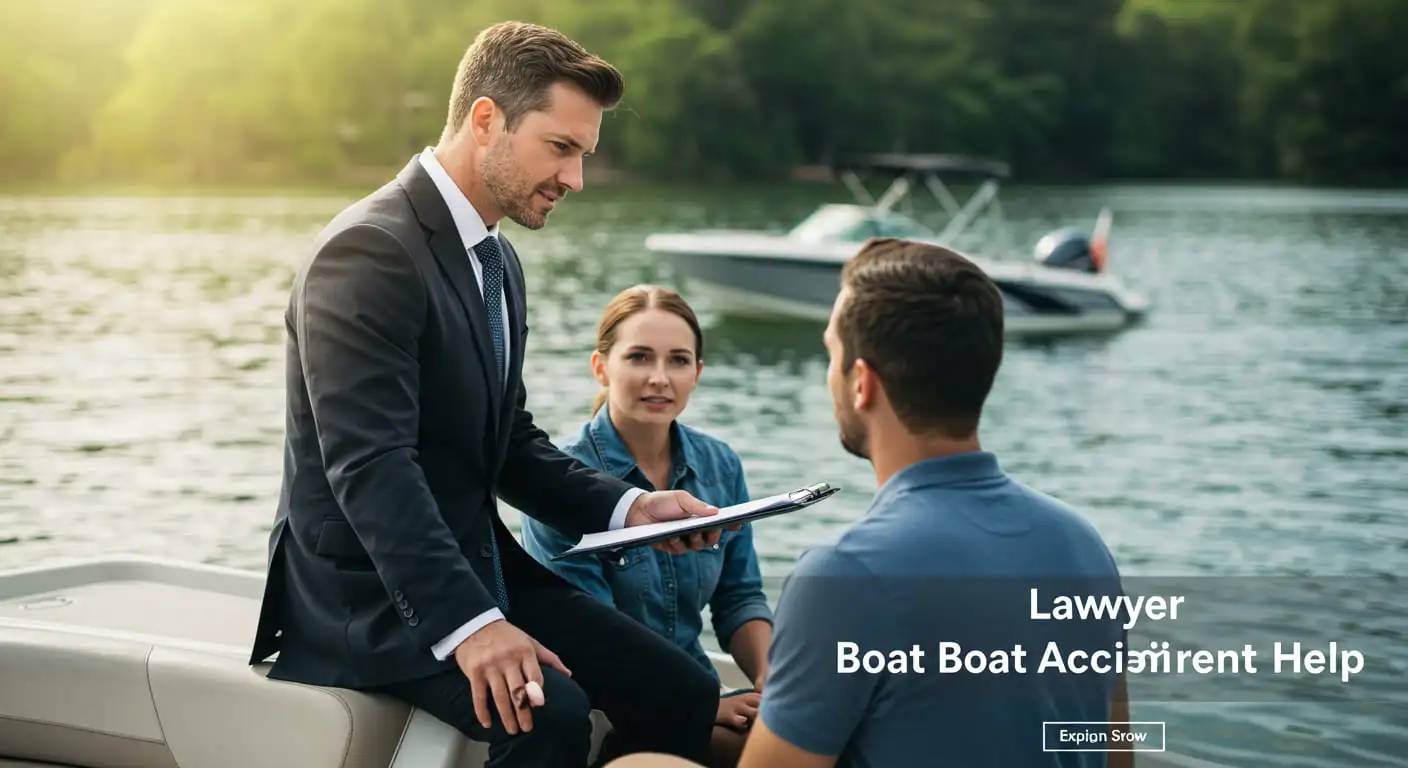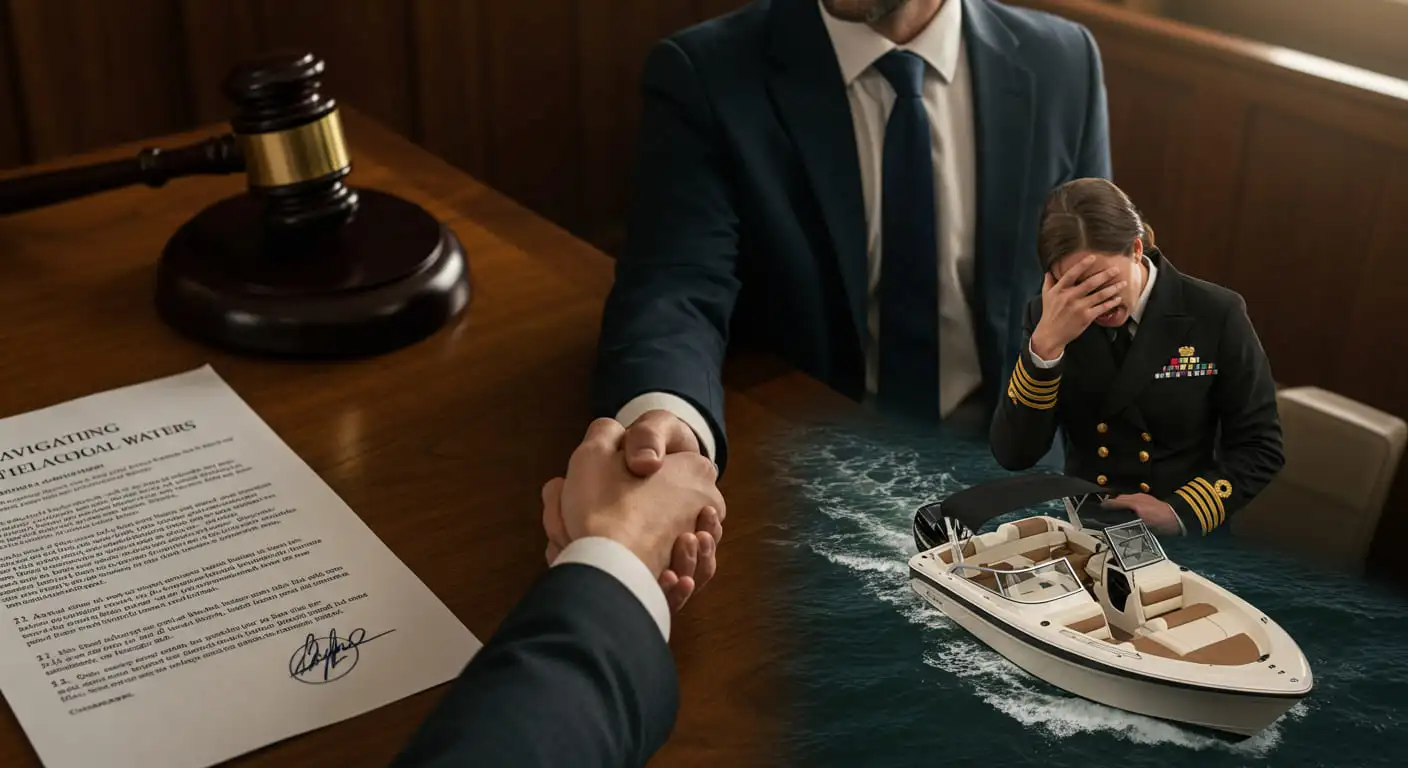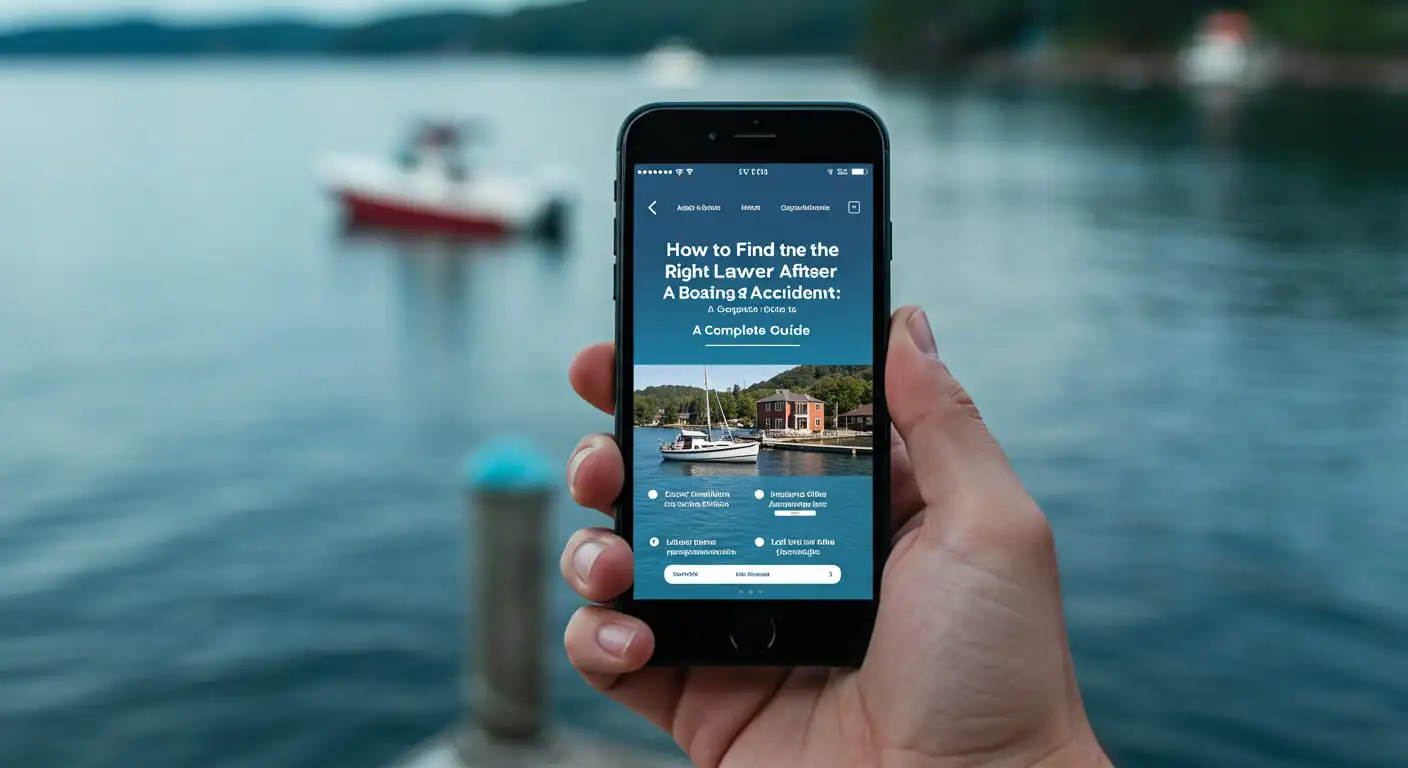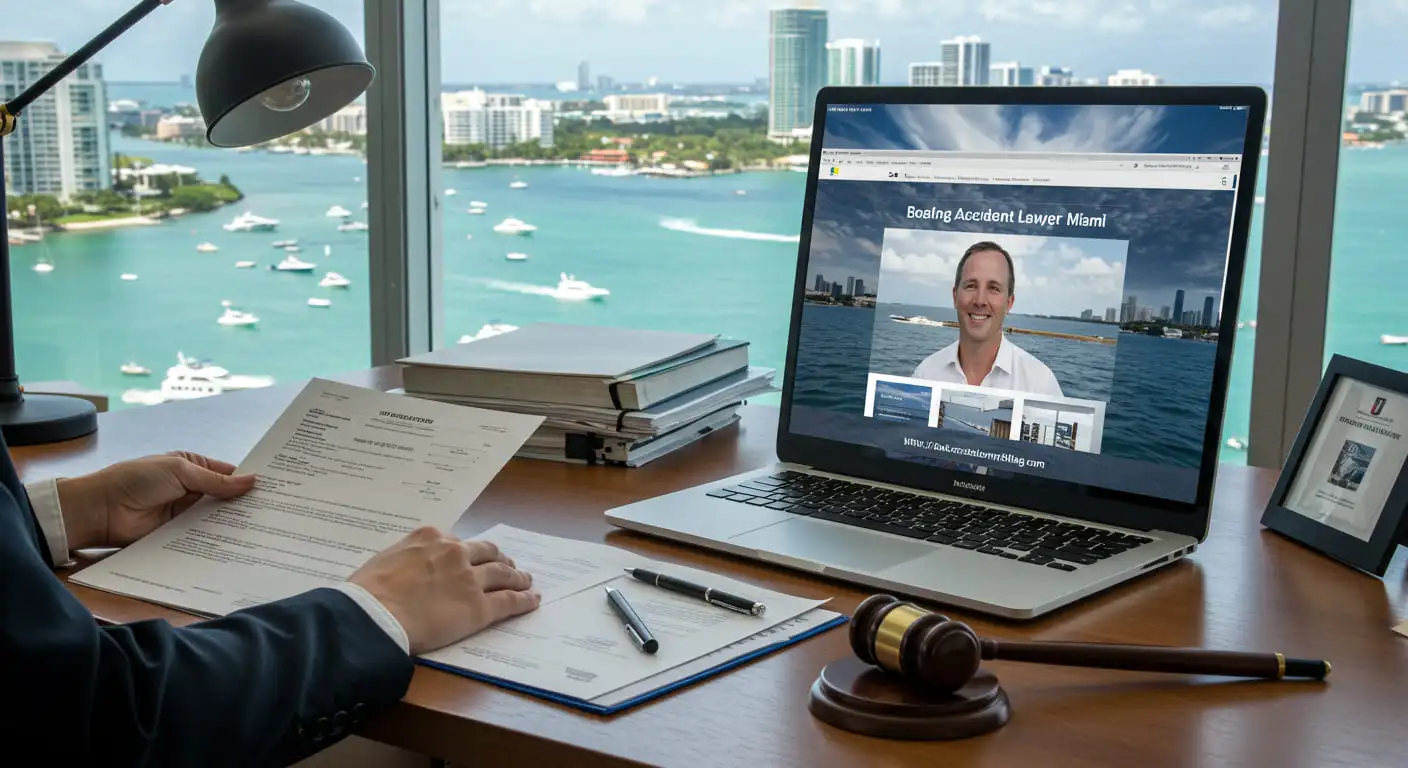Injured in a boating accident near Las Vegas? Our team of expert Las Vegas boat accident lawyer fights for your rights, securing maximum compensation quickly.
Introduction
Boating is one of Nevada’s most beloved recreational activities, thanks to stunning destinations like Lake Mead and the Colorado River. However, when a leisurely day on the water turns into a disaster, victims face severe injuries, mounting medical bills, and emotional trauma. A skilled Las Vegas boat accident lawyer understands the unique challenges of these cases, from navigating state maritime regulations to negotiating with powerful insurance companies. This comprehensive guide dives into everything you need to know—from legal deadlines and common causes to proven strategies for obtaining full compensation.
Understanding Nevada Boating Laws
State Regulations and Reporting Requirements
Nevada’s boating laws are codified in the Nevada Revised Statutes (NRS) and administered by the Nevada Department of Wildlife (NDOW). Key provisions include:
- Mandatory reporting: Any boating accident causing injury requiring medical attention, death, disappearance, or property damage over $2,000 must be reported to NDOW within 48 hours. Accidents involving death or serious injury also require immediate notification to the U.S. Coast Guard.
- Equipment standards: Vessels must carry life jackets, fire extinguishers, navigation lights, and sound-producing devices. Failure to maintain compliant safety gear can form the basis for negligence claims.
Statute of Limitations
In Nevada, most personal injury claims—including those arising from boating accidents—must be filed within two years from the date of the accident (NRS §11.190). Acting promptly ensures preservation of evidence and compliance with procedural rules.
Common Causes of Boating Accidents
- Operator negligence: Speeding, distracted driving, and inexperience top the list of causes.
- Impaired boating: Alcohol or drug use behind the wheel of a vessel impairs reaction time and judgment.
- Equipment failure: Faulty engines, steering malfunctions, or worn-out safety devices can trigger catastrophic crashes.
- Hazardous conditions: Sudden weather changes, strong currents, and submerged obstacles demand heightened vigilance.
Recognizing these risk factors helps your attorney build a compelling case establishing liability.
Establishing Liability and Negligence
A successful boating accident claim hinges on proving the responsible party breached a duty of care and caused your injuries. Potential defendants include:
- Boat operators: The primary party in control of vessel navigation.
- Boat owners: Liable under “vicarious liability” if the operator acts within the scope of permission.
- Manufacturers and distributors: In product liability cases, defective boat parts or safety equipment may be targeted.
- Third parties: Rental companies, tour operators, or maintenance providers when poor upkeep contributes to an accident.
Your Las Vegas boating accident attorney will conduct a thorough investigation—securing witness statements, official accident reports, maintenance logs, and expert testimony—to prove negligence.
Steps to Take After a Boat Accident
- Secure medical attention: First and foremost, seek emergency care—even for seemingly minor injuries.
- Report the incident: File the required reports with NDOW and, if applicable, the Coast Guard.
- Document everything: Take photos of the scene, your injuries, and any visible boat damage.
- Preserve evidence: Retain life jackets, damaged equipment, and any relevant maintenance records.
- Consult an attorney: Contact a boat accident lawyer right away to protect your legal rights and avoid mistakes when speaking to insurers.
Types of Damages You Can Recover
- Economic damages: Medical expenses, rehabilitation costs, lost wages, property repair or replacement, and future earning capacity.
- Non-economic damages: Pain and suffering, emotional distress, loss of enjoyment of life, and loss of consortium.
- Punitive damages: In cases of gross negligence or intoxication, courts may award punitive damages to punish the wrongdoer.
A knowledgeable Nevada boating accident lawyer will quantify every category to maximize your recovery.
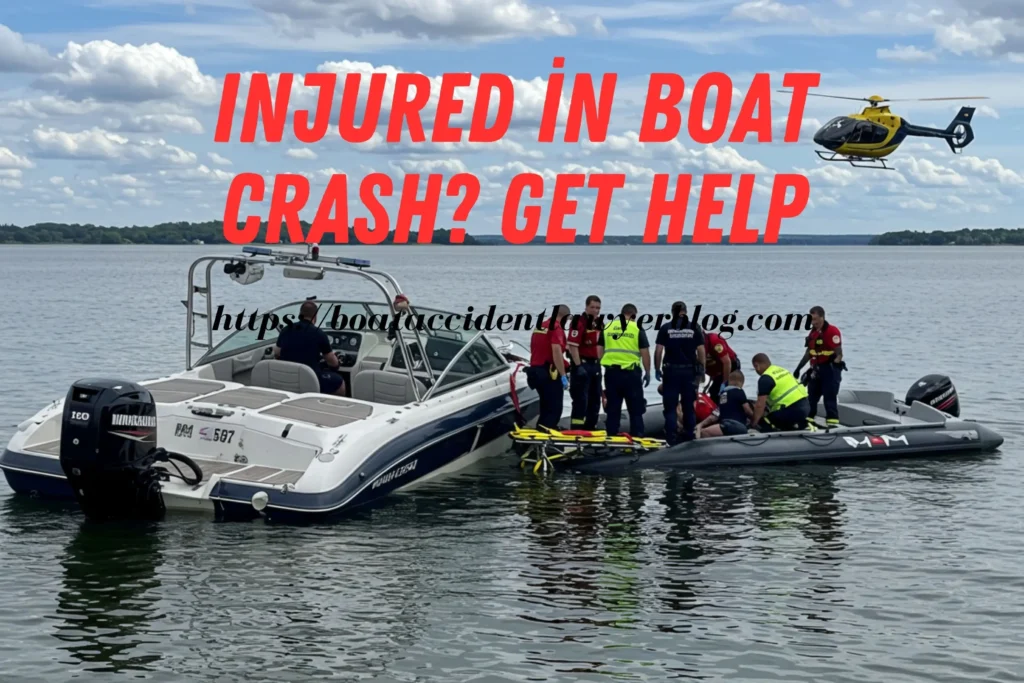
Why Hire a Las Vegas Boat Accident Lawyer?
- Specialized experience: Boating accidents differ significantly from car crashes—requiring knowledge of maritime law and water safety standards.
- Investigative resources: Top firms collaborate with accident reconstruction experts, medical specialists, and surveyors to piece together the true cause of your accident.
- Proven negotiation tactics: Insurance companies often downplay boating injuries; an attorney levels the playing field, advocating for full and fair settlements.
- Trial readiness: While most cases settle, having a trial-tested lawyer signals to insurers that you’re prepared to litigate if needed.
How to Choose the Right Attorney
- Track record: Look for a history of six- and seven-figure settlements or verdicts in boating accident cases.
- Client testimonials: Reviews on independent sites like Avvo or Martindale-Hubbell can reveal an attorney’s professionalism and communication style.
- Contingency fee structure: Most reputable firms work on a no-win, no-fee basis—meaning you’ll owe no upfront costs.
- Personal attention: Ensure the lawyer you choose personally handles your case rather than outsourcing it to paralegals.
Case Study: Lake Mead Collision
In 2023, a collision between two jet boats at high speed on Lake Mead led to severe spinal injuries for one party. Our client was offered $150,000 by the insurer initially. After a detailed investigation—revealing alcohol impairment by the defendant—and expert testimony, the case settled for $875,000. Key factors included timely evidence preservation, witness depositions, and leveraging Nevada’s punitive damage statutes.
Conclusion
Boating accidents can leave victims facing long-term physical, emotional, and financial hardships. Engaging a specialized Las Vegas boat accident lawyer early in the process helps ensure you meet all legal deadlines, assemble crucial evidence, and secure the compensation needed for your full recovery. Don’t navigate the complex waters of maritime litigation alone—reach out today for a free consultation.
Frequently Asked Questions
- What is the statute of limitations for a boating accident in Nevada?
Nevada’s statute of limitations for personal injury claims—including boating accidents—is two years from the date of the incident (NRS §11.190). - How much does it cost to hire a boat accident lawyer?
Most Nevada firms operate on a contingency fee basis, meaning you pay nothing unless they win your case. - Can I sue if I was partially at fault?
Yes. Nevada follows a modified comparative negligence rule. You can recover damages as long as you are less than 50% at fault, though your award is reduced by your percentage of fault. - What if the boat owner and operator are different people?
Both parties can be held liable: the operator for direct negligence and the owner under vicarious liability if they permitted the operator’s use. - Are punitive damages available in boating accident cases?
If the defendant’s conduct was willful, wanton, or grossly negligent—such as boating under the influence—punitive damages may be awarded. - Do I need an expert witness?
Expert witnesses—like marine accident reconstructionists—often play a crucial role in establishing causation and liability. - What compensation can cover long-term care?
Future medical expenses and loss of earning capacity can be calculated and included in your damage award. - boating accident cases How long will my case take?
Most boating accident cases settle within 12 to 18 months, though complex litigation can extend beyond two years. - Can I settle without going to court?
Yes. Over 90% of personal injury cases settle out of court through negotiations or mediation. - What if the boat was a rental?
You can pursue claims against the rental company if negligent maintenance or training contributed to the accident.












